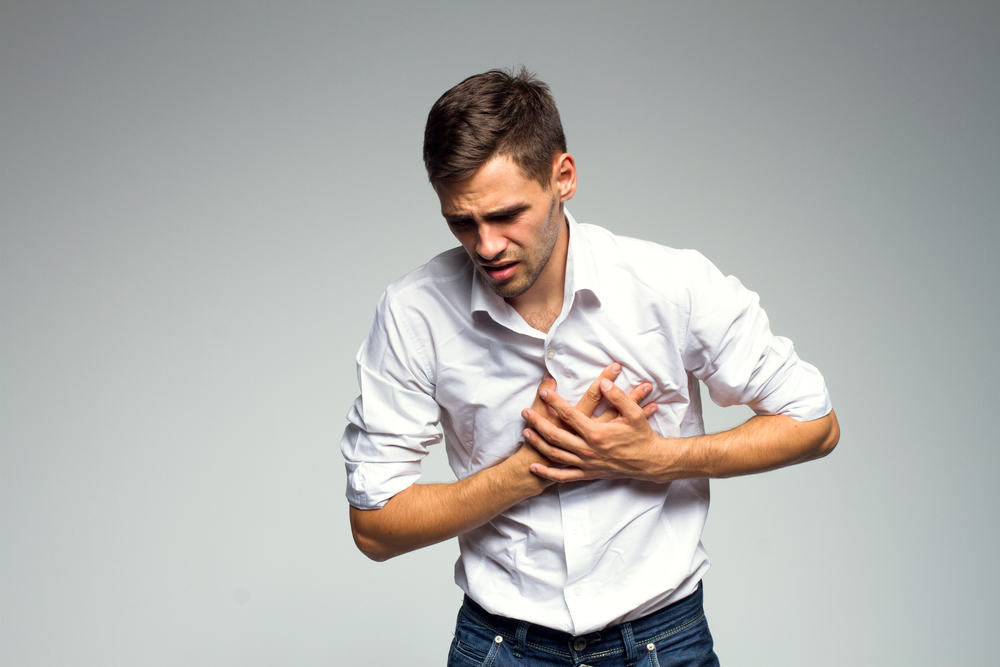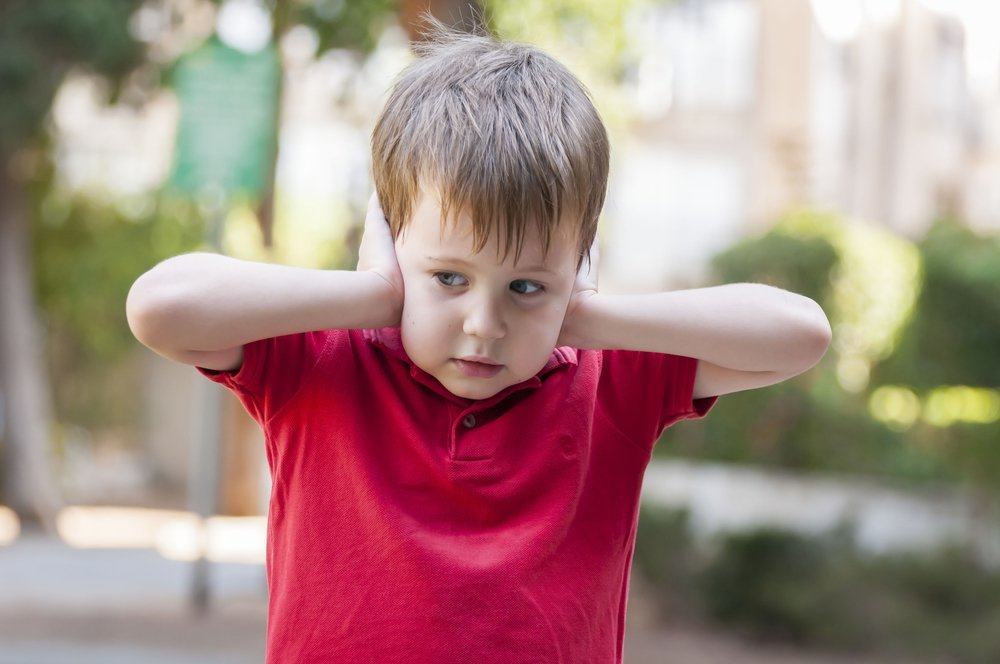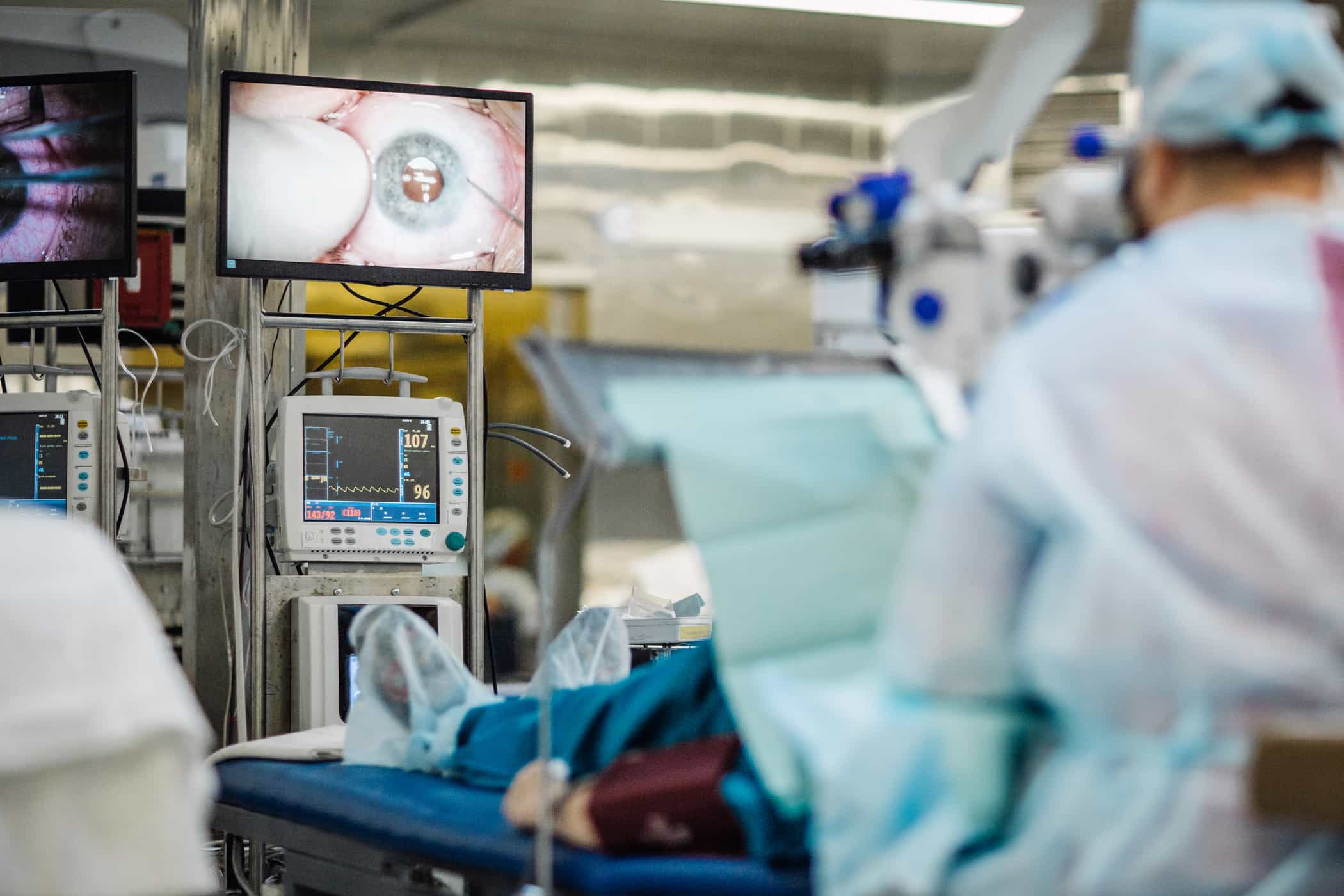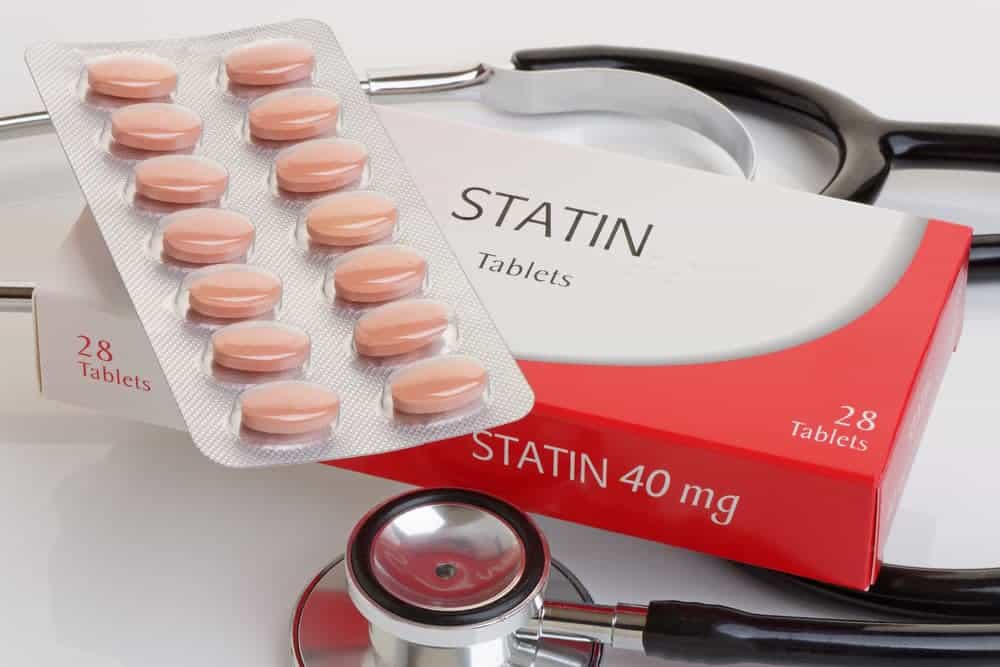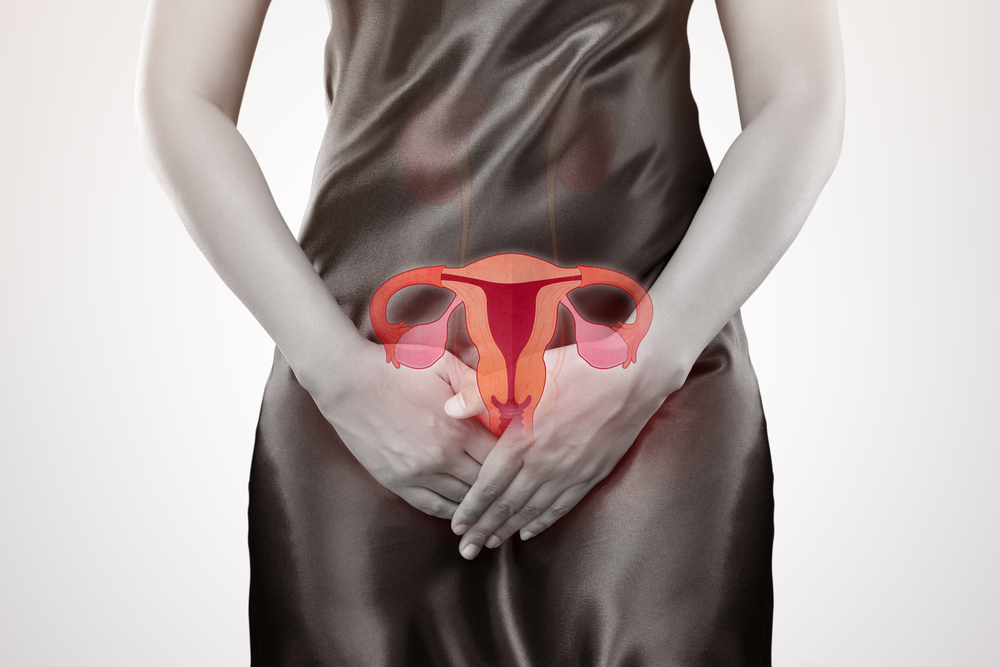Contents:
- Medical Video: What Causes Chest Pain When It's Not Your Heart
- Some of the causes of chest pain you need to know
- Chest pain due to heart problems
- Pain in the chest due to digestive problems
- Chest pain due to lung problems
- Chest pain due to muscle problems
Medical Video: What Causes Chest Pain When It's Not Your Heart
When you feel pain in the chest for the first time, you might be panicking that this is a heart attack. In fact, not all chest pain is related to the heart. Pain in the chest can also be caused by certain problems originating from other organs, such as the lungs or muscles.
Some of the causes of chest pain you need to know
Chest pain due to heart problems
Coronary heart disease
Chest pain that you may or often experience is called angina. Angina occurs when your heart muscle doesn't get enough oxygen. As a result, you will feel pressure on your chest. Pain can also occur in your shoulders, arms, neck or jaw. Usually, angina can occur because of excessive emotional outbursts or too much exercise.
One heart disease characterized by chest pain is coronary artery disease (arteriosclerosis). This disease occurs because of a blockage of blood flow to the heart. This can result in blood clots that can cause a heart attack or stroke.
Heart attack
Heart attacks can occur due to the death of heart muscle cells due to decreased blood flow through the heart blood vessels. Chest pain due to a heart attack will feel more severe and will not subside after resting. In fact, chest pain is usually accompanied by nausea, shortness of breath, or the body feels weak.
Pericarditis
Pericarditis is an inflammation of the pericardium that is shaped like a bag around the heart organ. Pericarditis is often accompanied by chest pain. Even sometimes, pain can get worse when breathing, swallowing food, or lying on your back.
Pain in the chest due to digestive problems
Up stomach acid
Good stomach acid, aka heartburn, is a burning sensation in the chest that often occurs with a bitter taste in the throat or mouth. Heartburn usually occurs when the contents of the stomach return to the esophagus. This is normal if it happens occasionally. However, if it happens twice a week or more, you may have stomach acid (GERD). GERD trigger factors include obesity, smoking, pregnancy, and consumption of spicy or fatty foods. GERD chest pain can resemble the symptoms of a heart attack.
Pancreatitis
Acute pancreatitis is inflammation of the pancreas which is characterized by pain in the abdomen that can spread to the chest and back. Pain can appear suddenly. Other symptoms that arise can be nausea, vomiting, fever, and a fast moving pulse.
Chest pain due to lung problems
Pleuritis
Pleuritis is inflammation of the pleura - which is a thin layer of lung wrap. Pleuritis is characterized by chest pain, especially when taking a deep breath or coughing. Usually, pleurisy is caused by bacterial infection, tuberculosis, cancer, or other conditions.
Pneumonia
Pneumonia is an infection of the lungs caused by bacteria, viruses, fungi or parasites. The main symptoms that are often encountered are phlegm or not phlegm cough, fever, shortness of breath, and pain in the chest / abdomen.
Chest pain due to muscle problems
Tense muscles
Without your realizing it, excessive exercise can cause your chest muscles to tighten. And, if you feel pain when pressing on your chest wall, it might be caused by a musculoskeletal injury, not caused by the heart.
Costocondritis
Costocondritis is an inflammation of the cartilage that connects the rib cage to the sternum. As a result, you will feel pain in the chest that is almost similar to a heart attack or other heart problems.
Actually chest pain is not a disease. Chest pain is a sign that something is wrong with you. Therefore, if you have unexplained chest pain, you should immediately consult a doctor to find out the exact cause so that you immediately get the right treatment. Because even if it seems trivial, but pain in the chest you should not ignore.

